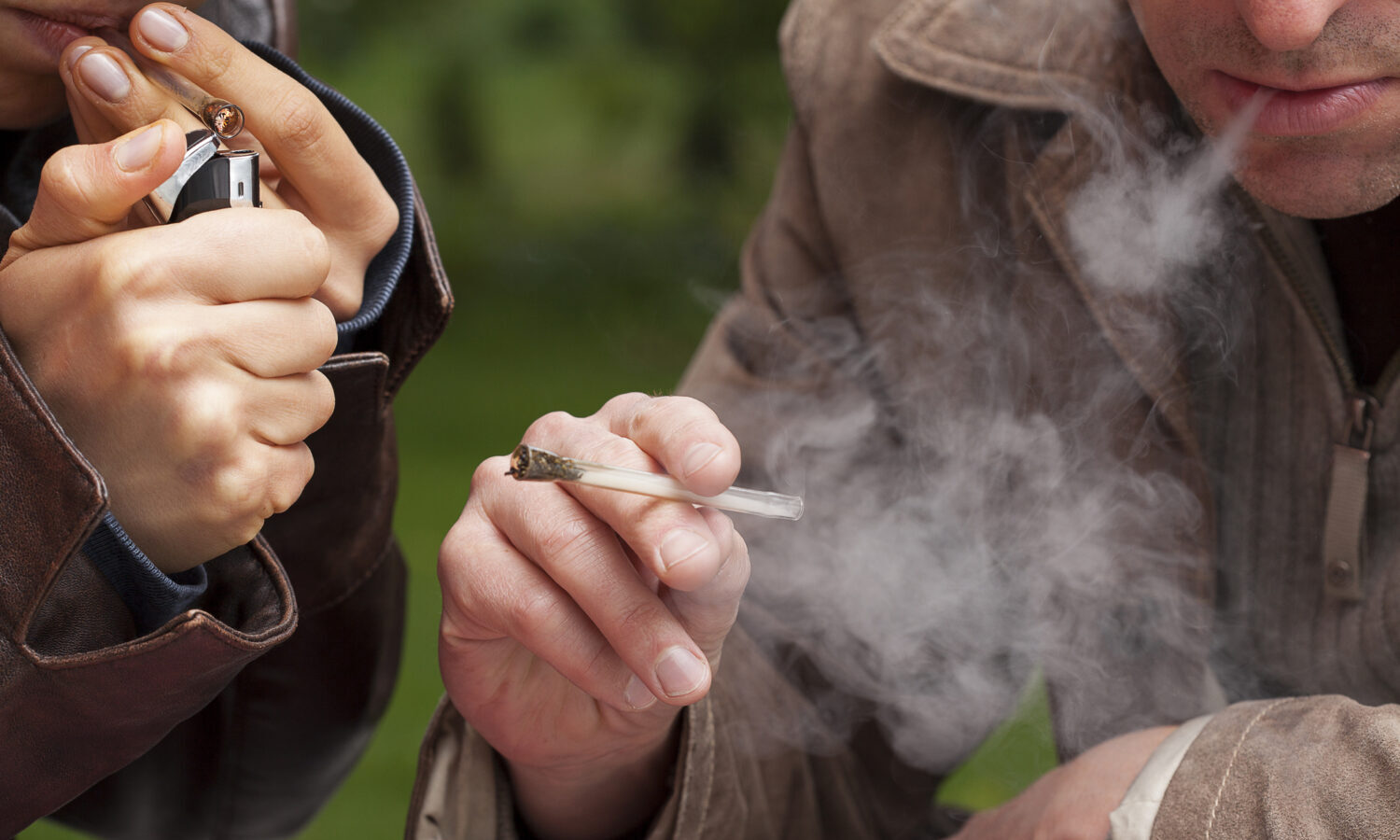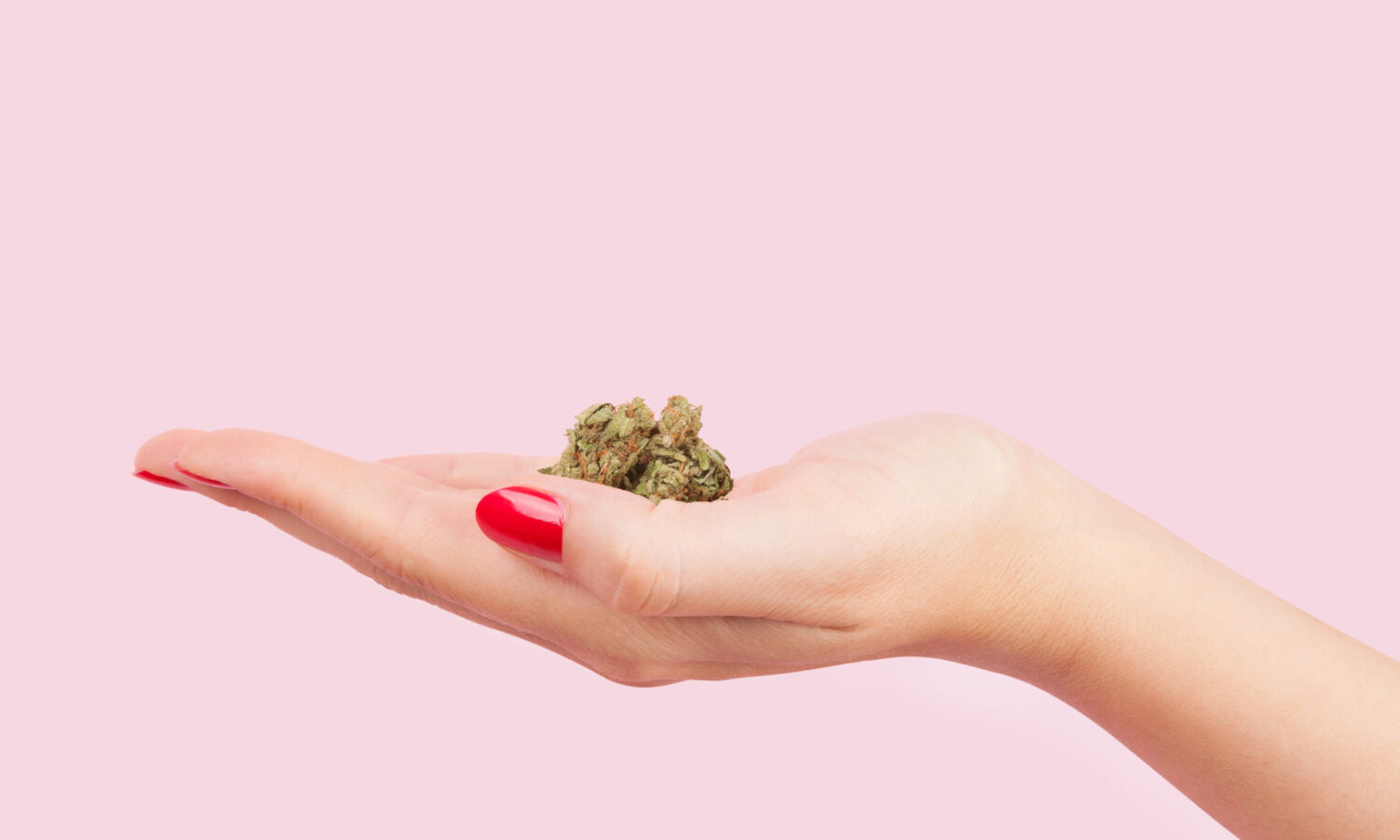
Maybe you ate too many pot brownies, or perhaps you thought you could smoke the whole blunt on your own. Regardless of how you did it, at one time or another most cannabis users have found themselves way too high for their own good.
While a marijuana “overdose,” medically called Acute Cannabinoid Overdose (ACO), is rarely linked to fatality, it can still be an altogether terrible and even terrifying experience. Sometimes the negative side effects of ACO are so bad that people end up in the emergency room. While medical professionals can monitor these patients and try to treat specific symptoms, there is no cure-all for being too high. At least there wasn’t, until now.

A drug is in the works from the pharmaceutical company Anebulo that aims to treat cannabinoid intoxication, and quickly. “ANEB-001 is being developed with the intent to quickly and effectively reverse the negative effects of cannabinoid intoxication within one hour of administration,” according to the Anebulo Pharmaceuticals website. This drug aims to target the human CB1 receptors, thus blocking THC’s ability to have its intense and negative effects on those who have over-consumed.
RELATED: Is There A Lethal Dose Of Cannabis?
The drug is still in the testing phase, but is showing promise, as it has now entered phase two of clinical trials. If the drug is successful and works as quickly as it aims to, it may greatly assist emergency medical personnel when dealing with patients who have mistakenly gotten too high. The timing for this drug may also be very fortunate. Marijuana is, after all, more prevalent than ever before in mainstream American society.
It is, however, important to note that just because marijuana is becoming legal in more places it does not mean more people are experiencing ACO as a result of this legalization. According to a 2021 study that tracked hospitalizations within states that recently legalized marijuana, “Legalization was not associated with a change in the rate of cannabis-related ED visits in our study. More research is needed regarding changing methods of cannabis ingestion and trends among specific age groups.”
There is one trend, interestingly, that has healthcare professionals and others nervous about cannabis toxicity, and it isn’t legalization. According to a recent study on cannabinoid toxicity published by StatPearls, “Despite the wider availability of cannabis, most significant cannabinoid toxicity is likely due to the abuse of synthetic cannabinoids, which are known to have more adverse effects.” It is synthetic marijuana, and to a lesser extent, the wide availability of strong THC edibles (getting into the wrong or unaware mouths) that has the potential to really spike cannabis-related trips to the emergency room.

RELATED: You Got Way Too High — How Can You Bring It Down A Notch?
This drug to cure cannabinoid overdose could come in very handy to emergency medical workers faced with these new more potent methods of consuming marijuana. After all, while ACO is not likely to cause death, it can require significant and immediate medical attention. And even with this medical attention, the current remedies are limited. According to Opiant Pharmaceuticals, “There are no FDA approved medicines to treat Acute Cannabinoid Overdose. Current treatment is largely supportive and symptom-driven, requiring emergency medical attention and in some instances, hospitalization.”
This is certainly not an ideal scenario for patients or doctors. This means a pill to cure the symptoms of a cannabis overdose would be a blessing, saving emergency medical professionals a lot of time and energy.





